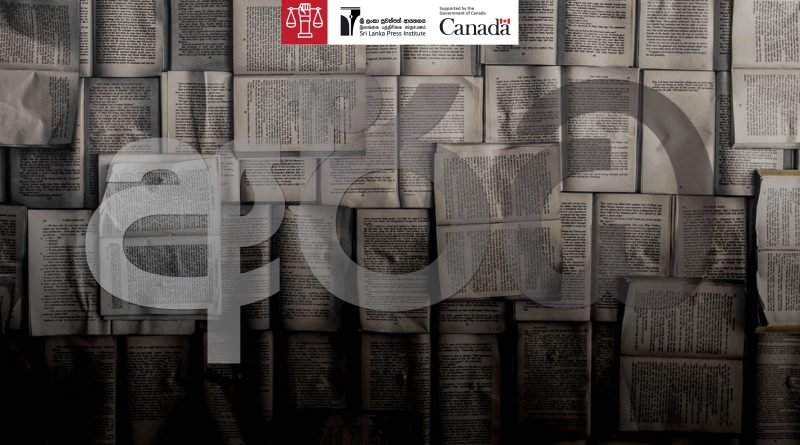
The Release of Power and Freedom of Expression
Jayasiri Jayasekera
Shakthika Sathkumara, a writer who had been facing a court case for nearly two years for writing a short story and posting it on his Facebook account, was recently acquitted of all charges. The case was heard in the Polgahawela Magistrate’s Court after the Attorney General informed the court that there was no reason to continue the case.
Two years later, Shakthika Sathkumara, who had not committed any offense under the law, was subjected to unbearable persecution until the Attorney General ruled that there was no cause for action. Shakthika Sathkumara was arrested and remanded in custody by the police on April 1, 2019, following a complaint lodged with the police alleging that a group of monks had stormed the government institution where he worked, defaming him and firing him. He was charged under the International Covenant on Civil and Political Rights (ICCPR) Act No. 56 of 2007 and was granted bail on August 08, 2019 through an application for bail in the High Court. Accordingly, he was imprisoned for 130 days. He also lost the right to practice for more than 10 months.
How are we to understand that a writer is being persecuted so much for the fact that the Attorney General concluded that there was no cause for action? It is clear that something serious has gone wrong in the whole process. So what is it? This is an issue that needs to be addressed by those interested in fundamental rights, including the right to freedom of expression.
The subject of Shakthika’s case was a short story titled ‘Ardha‘ which he wrote and published on his Facebook account. The monks who lodged the said complaint with the police alleged that it was an insult to Buddhism and the police acted accordingly, filing charges against him under Section 291B of the Penal Code and ICCPR Act 3(1). This is where the mistake was made. To use the ICCPR Act to protect civil and political rights, even if there are adequate provisions in the Penal Code to act against an allegation of blasphemy is an abuse of the Act. This was the main point of international attention in connection with Shakthika’s case.
Following Shakthika’s case, the Human Rights Commission of Sri Lanka (HRCSL) paid special attention to the use of the ICCPR Act by sending a letter dated 25-04-2020 and signed by Chairman Prof. Deepika Udagama to the IGP C.D. Wickramaratne for a legal analysis of the contents of Section 3 of the ICCPR Act and its recommendations on its use.
The day after Shakthika’s release (10th February), the Free Media Movement also issued a statement in this regard, urging the police to use the ruling as a precedent and to refrain from arbitrarily arresting creators and commentators on social media and in other ways.
A fundamental rights petition filed by Shakthika against his unjust arrest is pending before the Supreme Court and a petition has also been filed with the Geneva Human Rights Commission over the incident. The effect of these factors on the exercise of power is also an inescapable reality. However, it is the responsibility of citizens to make this event an occasion to strengthen their freedom of speech and expression.








